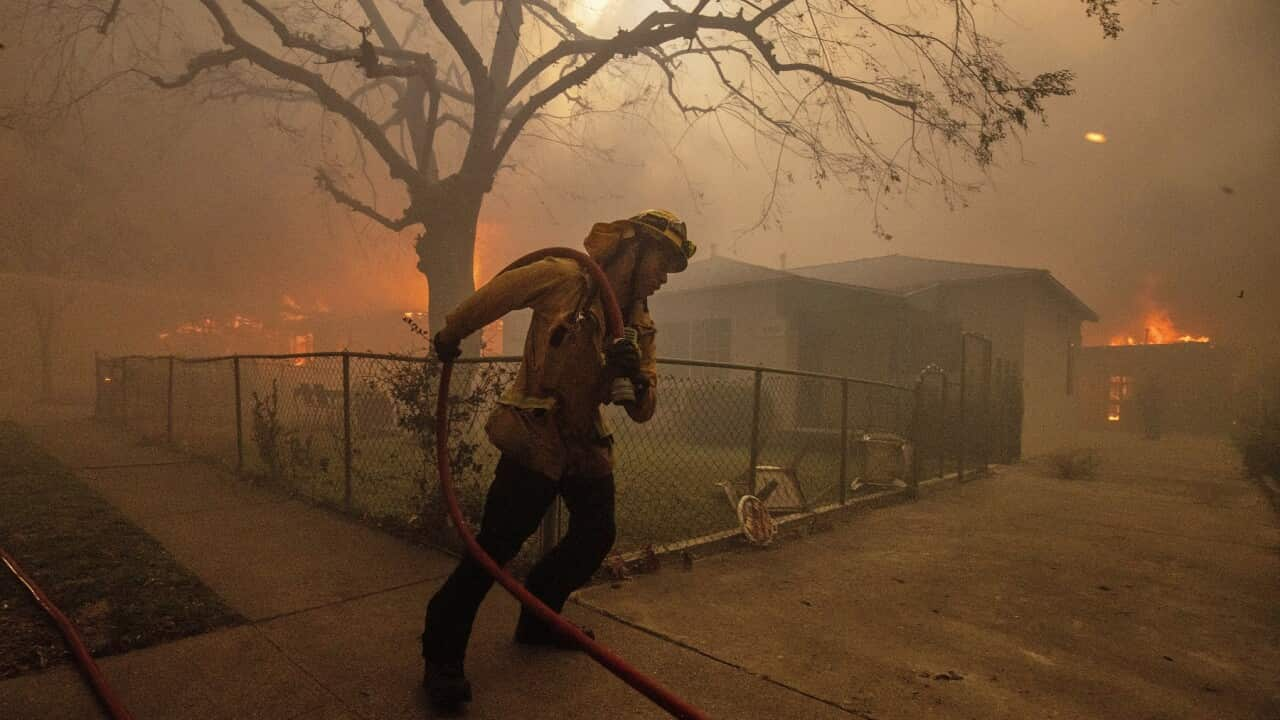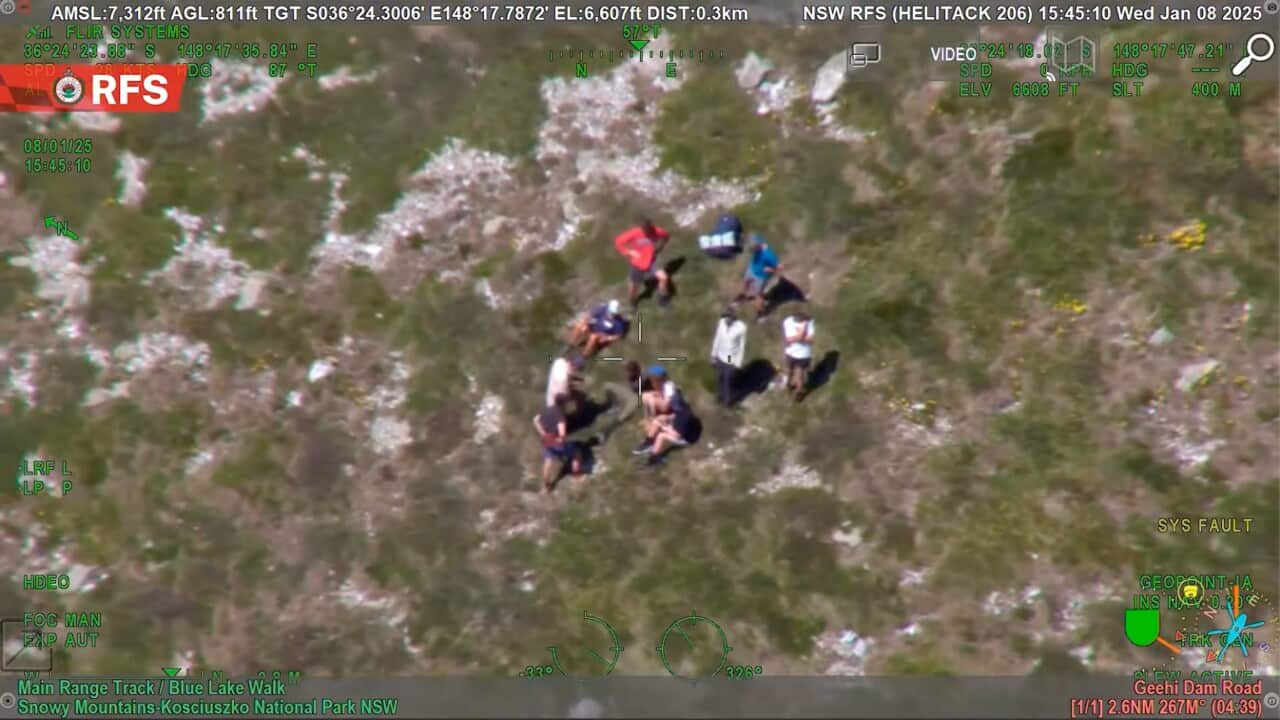TRANSCRIPT
It's been one month since the fall of former Syrian President Bashar al-Assad, and families are waiting at Damascus airport for their loved ones.
The first international commercial flight has arrived, bringing home Syrians who had escaped the regime more than a decade ago.
"I came from the US, I haven’t been here for 16 years. I lost hope that I would come back to Syria. We were waiting for this moment and lost hope but thank God now the country is back to its people."
Meanwhile, two men are selling fuel on the side of a highway in Damascus.
They say up until one month ago they would have been harassed and punished.
"Now, we are living the best life. It's been 20 or 25 days, since the liberation, we are living the best life. Syria is now free, truly free. No one bothers us; everyone treats us with respect."
And up on Mount Qasioun [[kah-si-on]], overlooking the Syrian capital, groups of friends are reminiscing as they smoke sheesha and share snacks.
"This is the first time I come to Qasioun with my friends. It was an amazing experience. Imagine, it's like the joy of children, to visit a place that is in your memory from 13 years ago. I am just happy to remember some details. This is just a part of what Syrians were missing."
Visitors were barred from the mountain during the rule of ousted president Bashar al-Assad.
For the past month, it has been crowded with people.
The Syrian regime fell on December 8, 2024, when Hayat Tahrir al-Sham rebels entered Damascus.
Former president Bashar al-Assad fled to Russia and in the streets, Syrians rejoiced.
The day marked the end of 54 years of dictatorship and 13 years of civil war.
But the path forward is complicated and Syrians say it's hard to know what to feel.
"Maybe it is too early to speak about hope regarding the falling of the Syrian regime. Bashar al-Assad left but I think the Syrian regime remained - his security system has not fallen. There is a new government in the country, that is listed on terrorist lists and on international sanctions. We need more time and more dialogue between Syrians to be able to congratulate Syrians on the demise of the regime and its fall."
The rebels have set up an interim government and appointed a transitional prime minister Mohammed al-Bashir.
Syria's de facto leader Ahmad al-Sharaa has promised elections will be held within four years - citing a need to rewrite the constitution and hold a census.
He's vowed to dissolve armed groups and says the future government will include minorities such as Kurds, Christians, Druze, and Alawites.
Right now, however, they're faced with the immediate task of repairing a crippled economy.
H-T-S is still sanctioned as a terrorist organisation by the U-S and others.
On Monday [[Jan 6]], Washington announced it is easing select restrictions on Syria’s transitional government.
The U-S Treasury issued a general licence, lasting six months, that authorises certain transactions with the Syrian government, including some energy sales and incidental transactions.
The United Nations Envoy on Syria, Geir Pedersen, has warned Syria and the international community need to get the next phase right.
"I welcome the recent issuance of a new temporary general license by the United States government, but much more significant work in fully addressing sanctions and designations will inevitably be necessary."
He also warned that Israeli attacks on Syria could endanger the country's territorial integrity.
But for now, the reopening of Syria's national museum has been seen as a sign of some stability.
"If this museum and its contents can get through this difficult period then it means we are strong and firm people and this give me hope for the future."
The interim government is now working to convene a national dialogue conference to map out the transition.
The date for that is yet to be decided.













